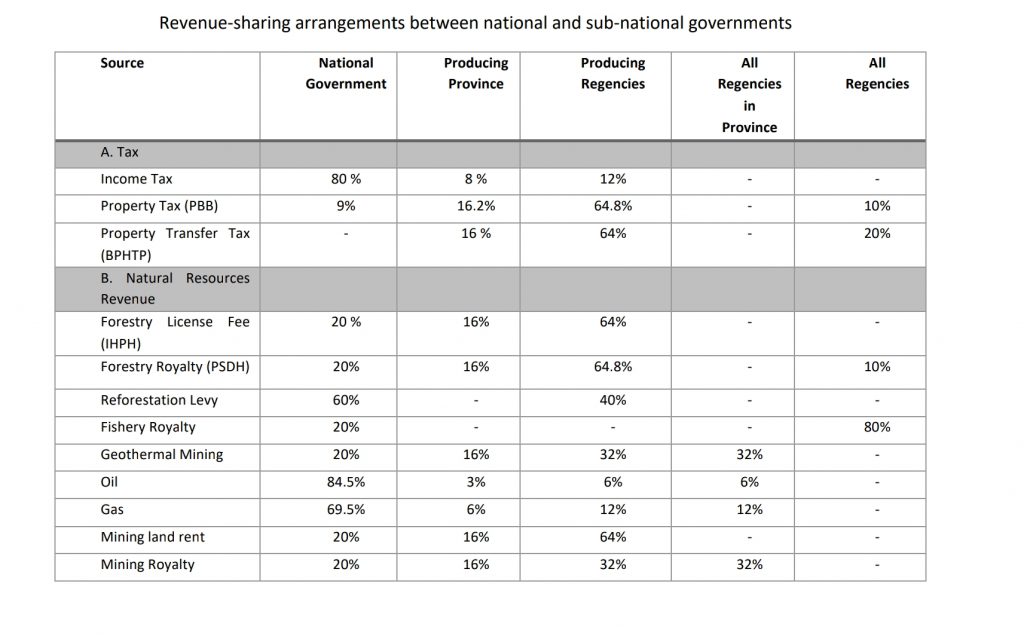by Zila Fawzi of WISDOM Foundation
WISDOM Foundation condemns in the strongest terms the unprecedented intrusion and harassment by 10 cybertroopers who typed in Russian script and shouted in some foreign languages hacking into our zoom webinar on fiscal decentralisation at the night of 9 February.
The attack that occurred during minute-50 happened just after Sri Murniati of Institute for Democracy and Economic Affairs (IDEAS) finished her presentation in the webinar titled “Income Tax Revenue for States Too: Can Malaysia learn from Indonesia” (accessible via this link: https://web.facebook.com/myWISDOMF/videos/932334834240146/) based on her paper jointly sponsored by WISDOM and IDEAS.
In Indonesia, the central government only takes 80% of income tax revenues, while states and regencies (equivalent to Divisions or Municipalities/Districts in Malaysia get respectively 8% and 12%. Regardless of their contribution, 80% of fish royalty are shared evenly across all regencies. On top of that, the provinces and regencies are also given general and special grants.

Sri Murniati stresses that decentralisation in Indonesia since the downfall of Suharto has reduced separatist sentiments in provinces like Aceh. Meanwhile, provinces like Papua have reaped the benefit of decentralisation in quality of educaiton.
Obviously, some quarters deliberately want to tamper Malaysians’ eagerness and curiosity to learn about fiscal decentralisation from other countries such as Indonesia, in the hope that they can silence calls to move decentralisation in Malaysia.
The dark force however failed to prevent a conversation moderated by YB Wilfred Madius Tangau, our Executive Chairman, featuring YAB Chow Kon Yeow, the Chief Minister of Penang Chief Minister, YB Dato’ Teng Chang Khim, EXCO of Selangor State Government for Investment, Industry & Commerce and SME, and Tricia Yeoh, CEO of IDEAS. YB Dato’ Teng represented YAB Dato’ Seri Amirudin who could not join WISDOM’s fourth weekly webinar as planned due to some unforeseen circumstance.
If anything, the cybertroopers’ attack has only underlined the importance and urgency to start a dialogue of reform with leaders of Malayan states on decentralisation beyond Malaysia Agreement 1963 (MA63).
“Malaysia needs to be substantially decentralised to be a real federation and that can only be done with Sabah, Sarawak and Malayan states working together,” as aptly put by YB Madius Tangau in his opening remark.
He called for an Inter-Governmental Committee IGC 2.0 with representatives of the Federal Government, Sabah, Sarawak and all the 11 Malayan states to renegotiate Malaysia’s federal arrangement.
YB Madius Tangau reminds Malaysians “not to mistake and mystify MA63 as perfect. MA63 was based on the 1962 report of the Inter-Governmental Committee (IGC), consisting of representatives of Malaya, North Borneo, Sarawak and the UK.”
IGC 2.0 is now needed to produce a MA63 2.0 that would give all states more responsibilities, power and resources.
When asked after the webinar what he meant by IGC 2.0, Madius explained that, he is urging the Prime Minister to initiate the formation of High Level Council to revisit the IGC which should involve representatives from the various state government focusing on decentralization agenda in the way that the Indonesian government did after the fall of Suharto.
It is an opportune time to do this since we now have a Minister in the Prime Minister Department looking into state rights.
YAB Chow warned, limited and restrictive capacity of state governments to raise funds through borrowing and issuance of bond will only discourage and prevent long-term development plans of states.
He cited the case of Penang being denied federal grants and federal guarantee to get loans from financial institutions to support the implementation of Penang Transport Master Plan (PTMP).
Responding to the presentation by Sri Murniati, YB Teng said, as a federation and better developed, Malaysia should have better formulas of revenue-sharing than Indonesia. Unfortunately, most of the taxes are taken by Federal, regardless of the State’s contribution to the national coffer. For example Selangor accounts for 24% of GDP but only has a 2% share of all government expenditure.
He further added, “Federalism work smoothly but we have to look at the implementation level and acknowledge that the State might know better, especially with respect to public health given the COVID-19 crisis,” taking into account the current situation happening in Selangor state.
Tricia Yeoh suggested that a percentage of corporate income tax revenue from selective sectors derived from the originating states to be collected by these states may be considered.
“For less-developed and non-industrial states, reliance on natural resources for income is greater compared to states like Selangor, Penang and Johor,” she went to warn that such dependence on natural resources revenue may lead to environmentally-destructive activities like logging.
The panelists agreed that Malaysia’s federal system must be examined and renegotiated comprehensively.
At WISDOM Foundation, we see East-West collaboration as key to success in advancingdecentralisation. We hope Malayan states would speak up more loudly alongside Sabah and Sarawak for decentralisation under an upgraded version of MA63.
Zila FawziChief Operation Officer
WISDOM Foundation


